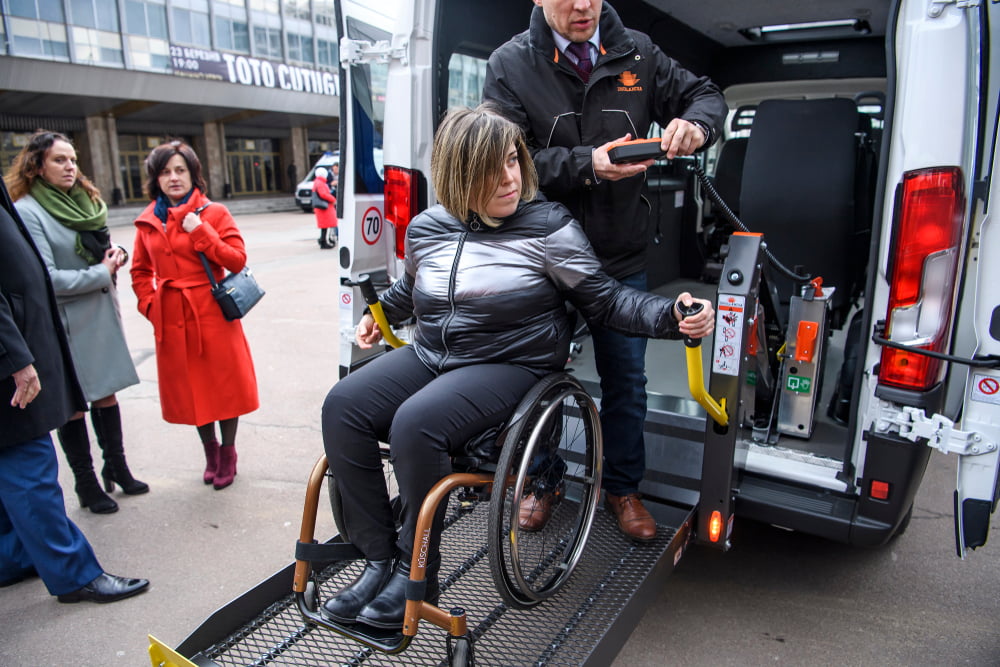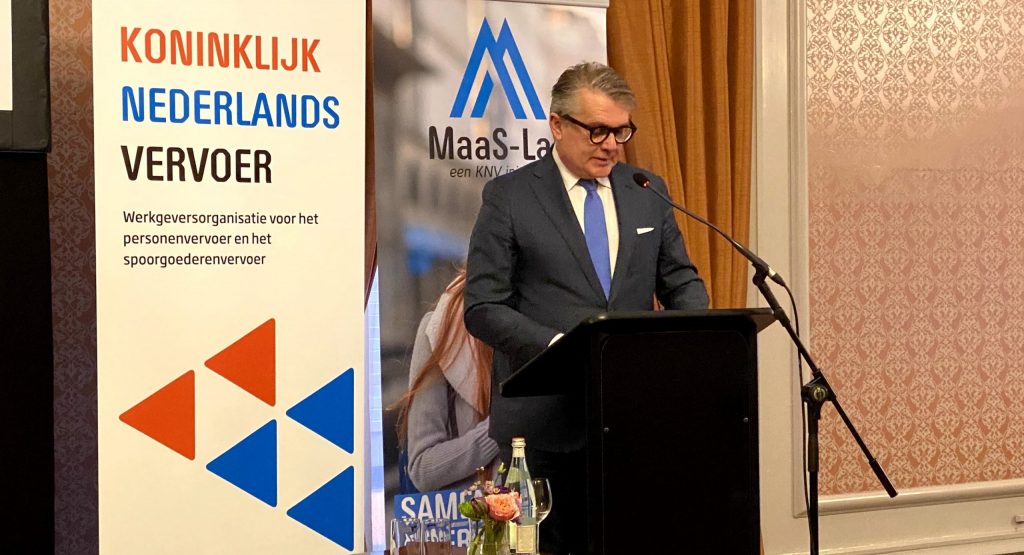In the battle partly non-driven Zorgvervoer rides against the financial consequences of the crisis corona billing entrepreneurs. Royal Dutch Transport (KNV), the national trade organizations for entrepreneurs in healthcare and taxi transport, is sounding the alarm. As municipalities, healthcare and health insurance by Corona proportionally reduce their fees, is the survival of the entire Zorgvervoer sector in question.
“Our members transport extremely vulnerable groups of people, such as the elderly, people with disabilities or patients to and from appointments in hospitals or institutions. In some cases it remains necessary to transport these people, for example to life-saving treatments in hospitals, but in all other cases, most users of healthcare transport decide to stay at home after yesterday's advice from the cabinet. As a result of these extra measures taken by the cabinet, the number of healthcare transport journeys has fallen dramatically, by many tens of percent, ”says KNV chairman Bertho Eckhardt. "For that reason, the canceled trips are still partially invoiced."
In transport contracts that municipalities, health care institutions and health insurers conclude with carriers, it is usually contractually agreed that payment is made for the transport actually performed. Conversely, that means 'no transport, no payment'. The health care providers believe that force majeur must be invoked in this extraordinary situation. This is an unforeseeable risk and an appeal to the force majeure principle means that clients have to pay in full for the care transport journeys that have been dropped.
80-20 measure is necessary
"No more than seems reasonable and fair that where journeys fall by this unforeseen Corona situation it against at least 80% of the normal rate will be charged to the customers," says Eckhardt. "Carriers do everything to save the other 20% of costs. We are going to engage an independent agency to objectify these percentages as quickly as possible. ”
Healthcare transport that can continue is invoiced at normal rates, whereby clients must take into account that carriers assume normal circumstances.
Companies with employees who are affected by the reduced transport volume can apply for the Working Time Reduction Scheme.
“I expect that our members will certainly do this en masse,” says Eckhardt. “If that succeeds and leads to compensation of costs, our members will of course settle this in a transparent and verifiable manner against the payments they have received from their clients”.
With the appeal to force majeure and the cooperation of all clients, KNV hopes that the healthcare transport sector will be able to sustain it in the coming weeks / months. So that, once the corona crisis is over, the hundreds of thousands of people who use healthcare transport on a daily basis can still be transported.
Every week in the Netherlands, more than a million passengers are brought to their destination by some 30.000 employees and 8.000 self-employed persons. The total turnover of the sector is estimated at 1 billion euros per year.
Source: KNV
Also read: Many taxi companies do not survive the corona crisis financially



